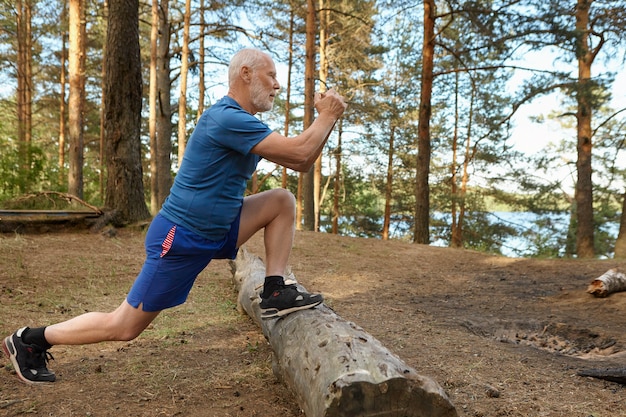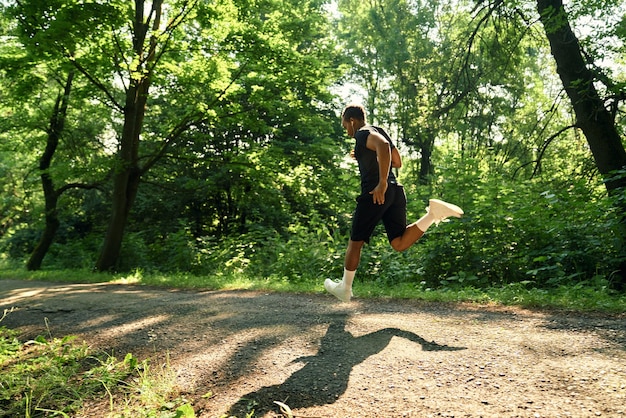If you're looking for a natural way to improve your sleep, boost your mood, and stay active, hiking might be the perfect solution. This beginner-friendly guide walks you through everything you need to know to start hiking—safely and effectively—while reaping the sleep-enhancing benefits of spending time in nature.
Spending time outdoors, especially in natural green spaces, has been scientifically linked to better sleep. Exposure to natural sunlight helps regulate your circadian rhythm—the internal clock that controls your sleep-wake cycle. Morning or midday sunlight suppresses melatonin during the day, making you feel more alert, while allowing it to rise naturally at night, promoting deeper, more restful sleep.
Physical activity from hiking also plays a crucial role. Moderate aerobic exercise like walking uphill or navigating trails increases the time you spend in deep sleep—the most restorative phase of your sleep cycle. Unlike intense evening workouts that can disrupt sleep, hiking earlier in the day supports relaxation at night.

Starting a hiking routine doesn’t require expensive gear or advanced fitness. Here’s how to begin:
Consistency matters more than distance when starting out. Here’s a realistic weekly plan to build endurance and improve sleep over time:
| Week | Activity | Goal |
|---|---|---|
| 1 | 1 hike, 1–2 miles | Get comfortable with trail walking |
| 2 | 2 hikes, 2 miles each | Build stamina and routine |
| 3 | 2–3 hikes, 2–3 miles | Add light elevation or longer duration |
| 4+ | 3 hikes, 3+ miles | Establish a sustainable habit |
Try to hike earlier in the day—ideally between 9 a.m. and 3 p.m.—to maximize sunlight exposure and support your sleep cycle.
Safety is key, especially for beginners. Follow these essential reminders:

Beyond physical benefits, hiking reduces stress, anxiety, and rumination—common culprits behind poor sleep. The rhythmic motion of walking, combined with natural scenery and fresh air, activates the parasympathetic nervous system, which helps your body relax.
Studies show that just 20–30 minutes in a natural environment can lower cortisol levels, the stress hormone. This mental calmness makes it easier to fall asleep and stay asleep through the night.
Hiking is more than just exercise—it’s a holistic wellness practice that supports better sleep, mental clarity, and long-term health. As a beginner, focus on consistency, safety, and enjoyment. Over time, you’ll likely notice not only improved fitness but also deeper, more restful sleep.
Start small, stay safe, and let nature guide your journey to better rest.

Wellness

Wellness

Wellness

Wellness

Wellness

Fitness

Wellness

Wellness

Fitness

Wellness

Fitness

Wellness

Health

Fitness

Health

Health